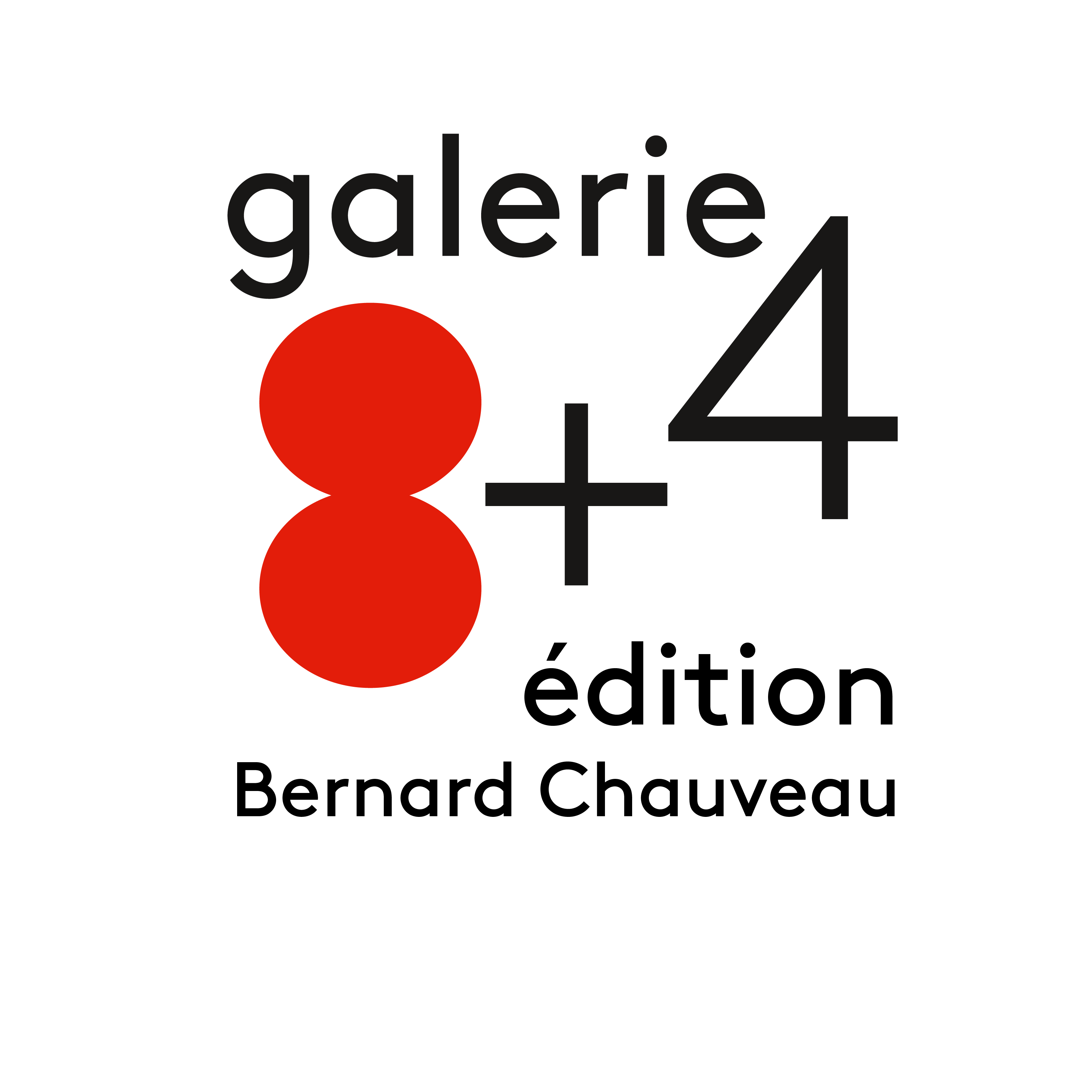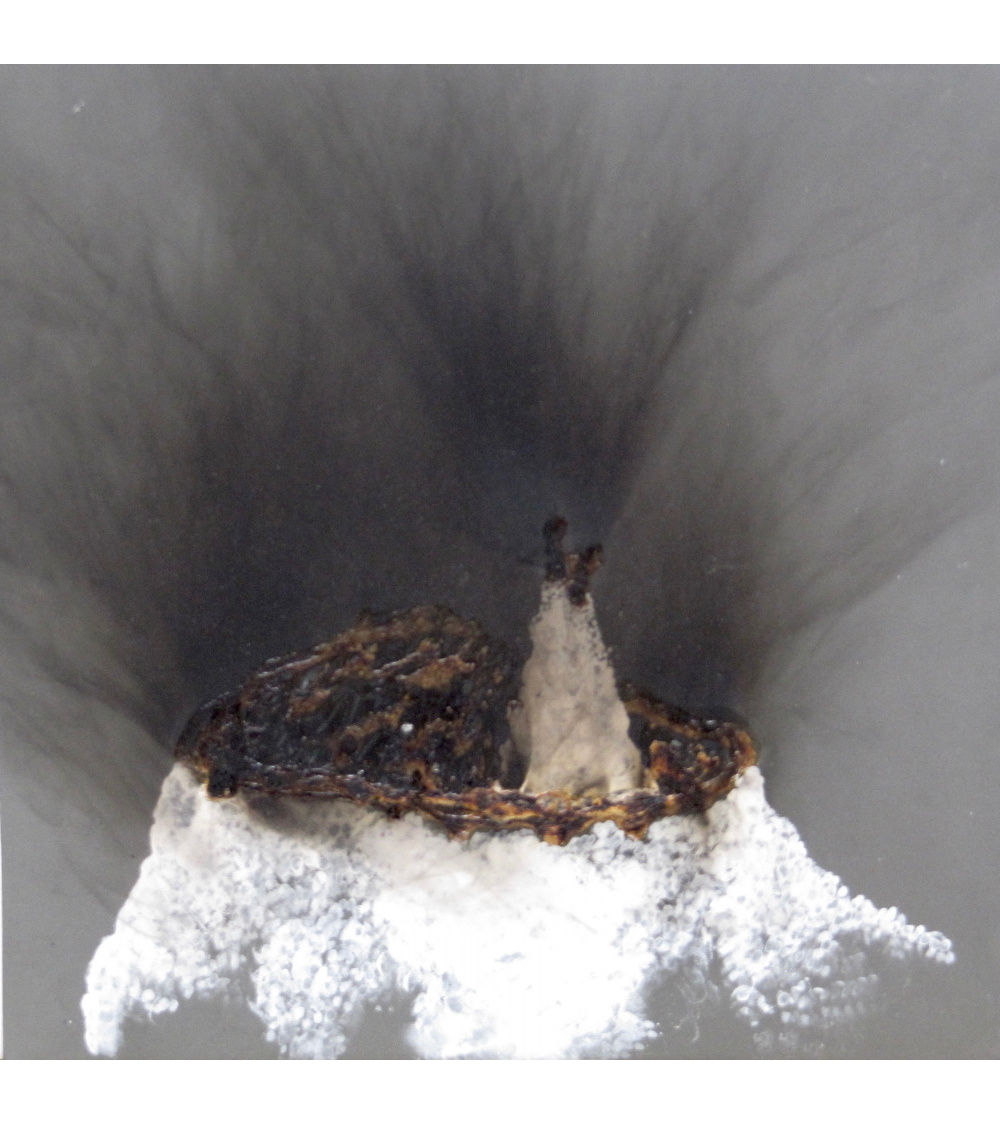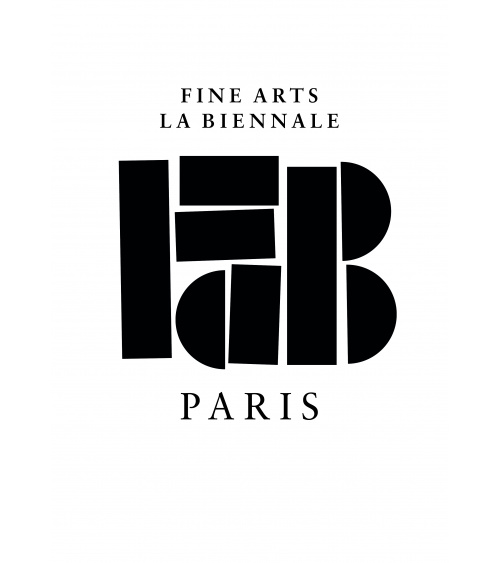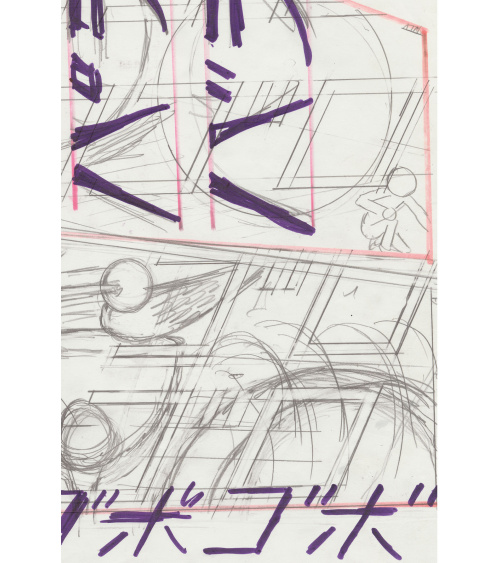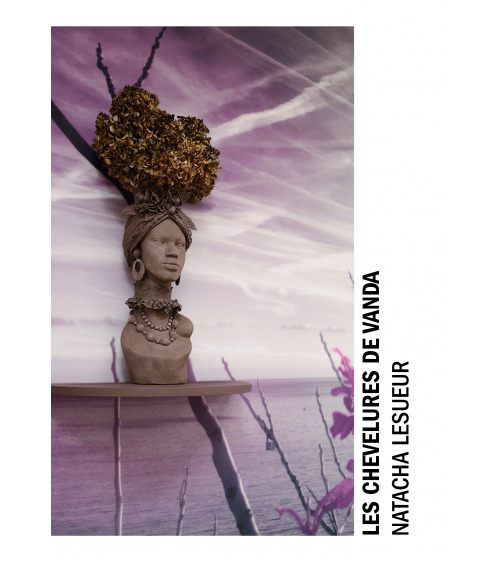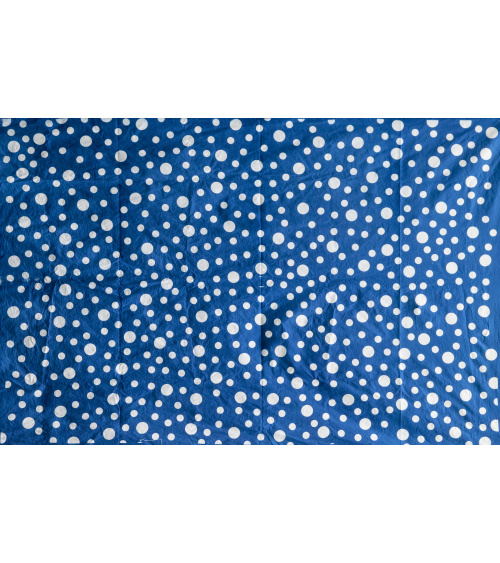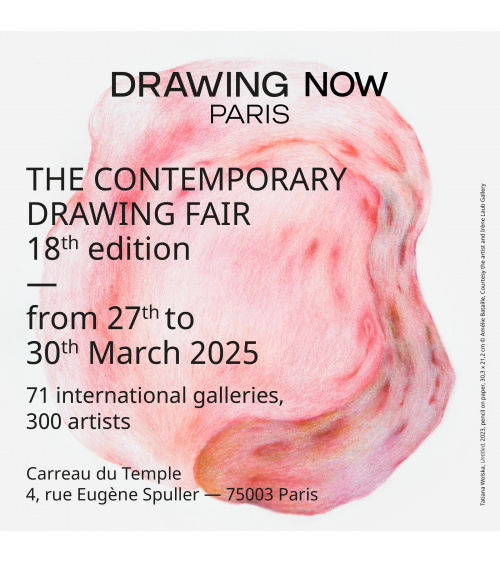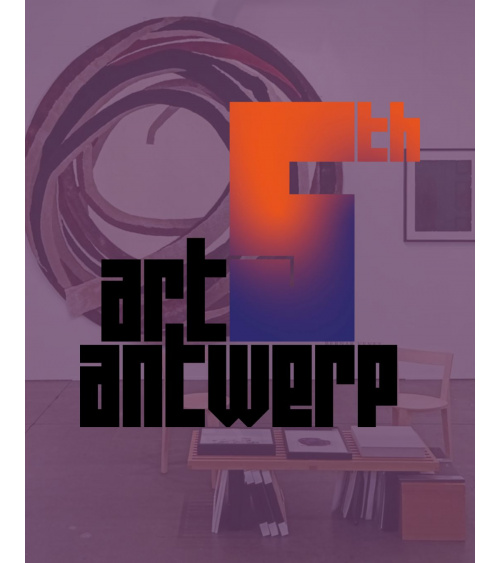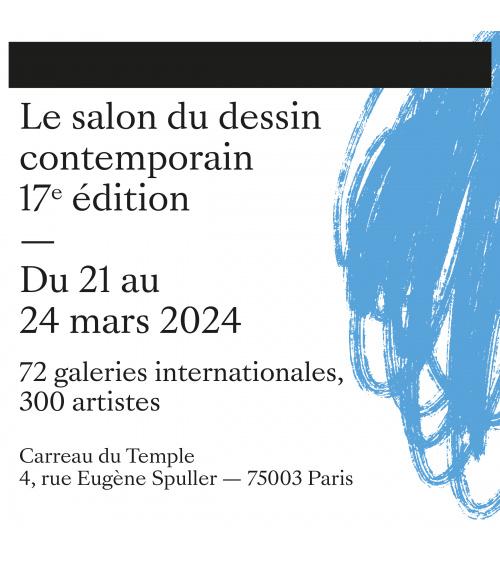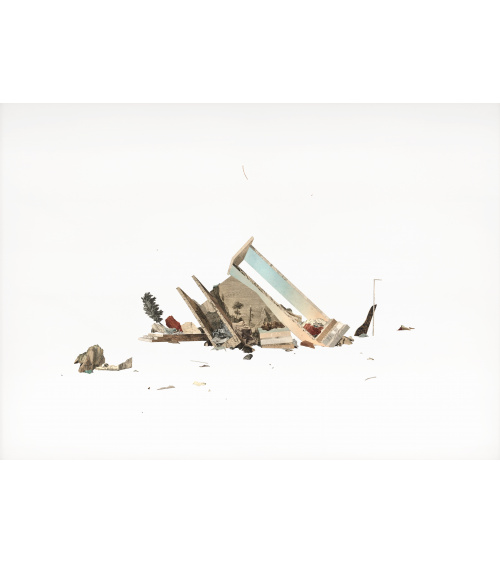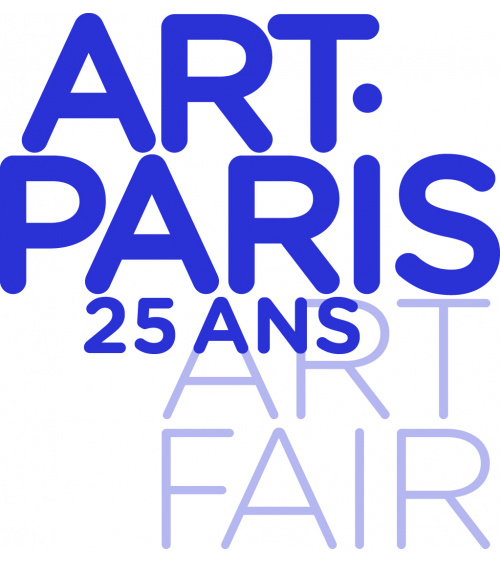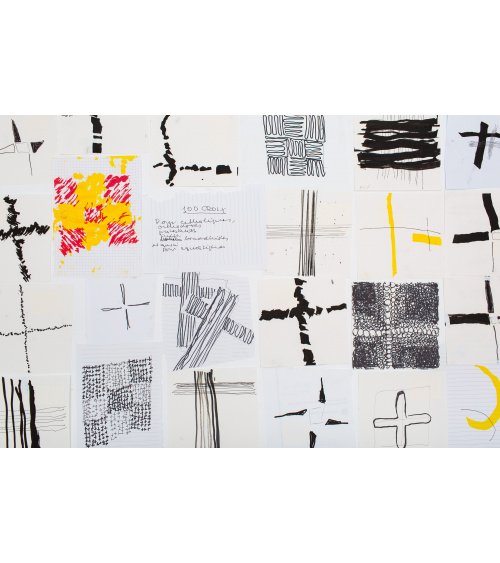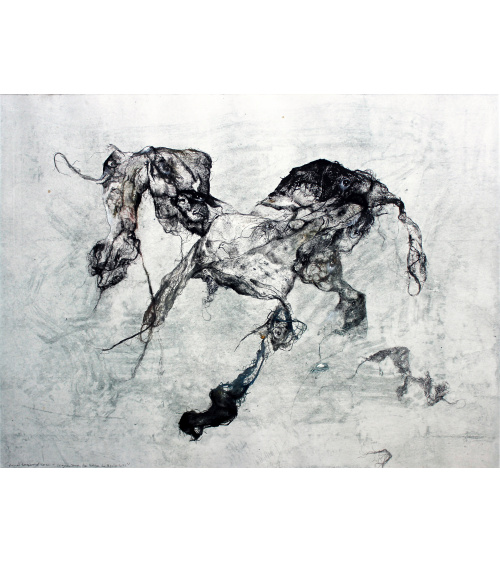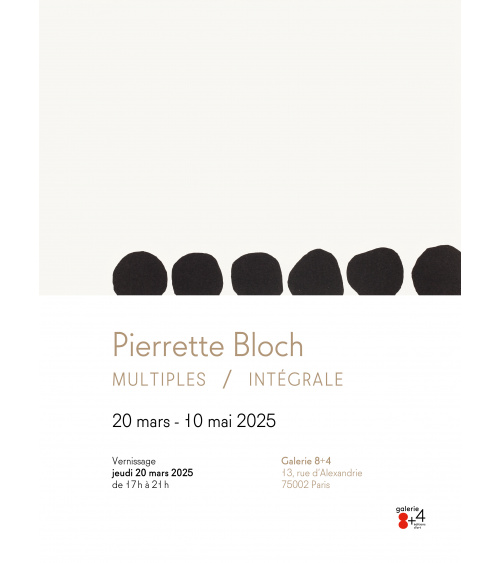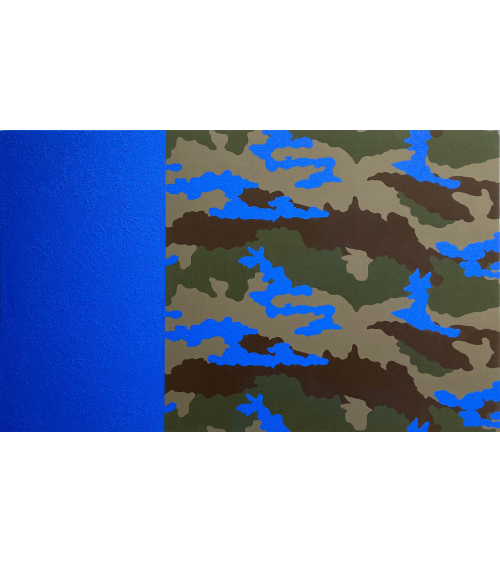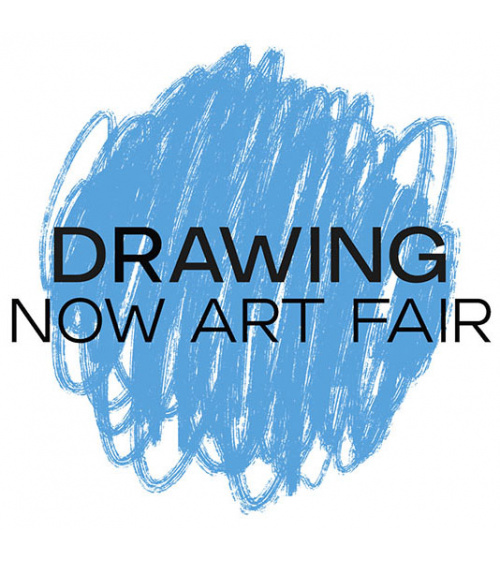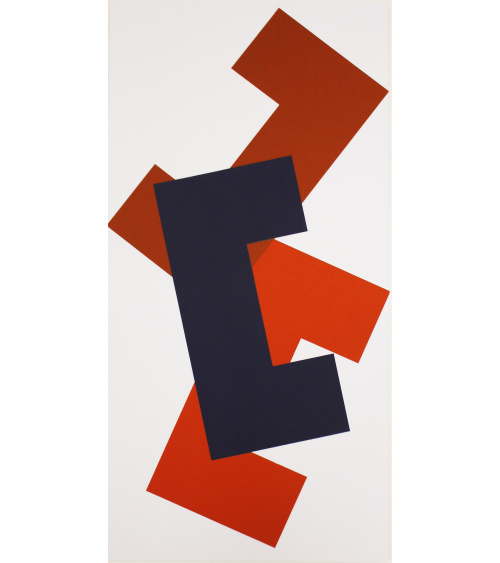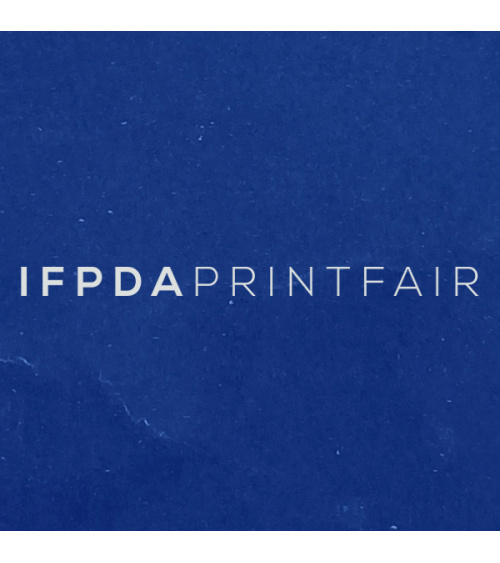Christian Jaccard / Poétique de l'incandescence
Exhibition "Poétique de l'incandescence" by Christian Jaccard from May 14 to June 30, 2022.
Opening on May 14 from 4 to 9 pm.
He is said to be an artist of fire, a master of combustion and the transmutation of materials, but Christian Jaccard is much more than that. His immoderate love for words, the only condition to describe reality and to affirm a tenuous relationship that a whole life is not enough to exhaust, attests to this. His devouring passion for the world perceived as a reserve of possibilities attests to this as well. If his art is that of knots, folds and twists that have become both sculptures and wandering lines, it is also that of incandescence with the chemistry of its fires and whose slow burning obliterates the material. For him, traces, soot and dust are not the dross of our time but the possibility of a new communion, that of the human being finally able to go beyond the visible to reach the sensitive.
As a teenager fascinated by the immemorial traces of time with its fossils, he became, at the end of the 1950s, a student at the École des Beaux-Arts in Bourges, a place already haunted by fire, ceramics and the mutations of materials. What if art was only an imprint, an impregnation? The classical act of painting would then deserve other manufacturing processes. What is needed is to draw differently. The knots are a first approach, the slow wicks consuming its support another one. At the turn of the 1980s, combustion replaces the brush and allows him to invest the world. The workshop metamorphoses to become industrial spaces in disrepair invested the time of a presentation before it joins the plenitude and the infinity of nature with its burns. "It is not the absurdity of the act of painting which occupied me, he used to say, but its derision or its impotence to produce something efficient, effective, radical, something which is like a glare or like a magic operating of the matter on the glance.
The sequences of works he presents at Galerie 8 + 4 cover a period of about forty years (1983-2021) and mark a kind of amused return to painting. If several new series are based on the affixing of slow wicks on metal plates that they obliterate, mark and scarify, exposing a sovereign line in dialogue with the very thickness of the material, others announce a return to painting and the opening towards the amplitude of color. Let us consider them as a kind of totem. Christian Jaccard summons the colors of our time. Sometimes muted, often bright, they isolate small sequences of squares on which he places the glow of the flame. The motif, always the same and at the same time so different, suddenly becomes a kind of photogram of an impossible film because it is made only with the means of paint and fire.
Never presented to the public, these works attest to a mad, almost hallucinatory mastery. All of them prove that to make art is to dig in the visible, to take the chance in hand by imposing him the unfailing rigor of a practice become rite. On this condition, it is then possible to perceive a little transcendence.
Damien Sausset
Jaccard (Christian)
Christian Jaccard was born in 1939 in Fontenay-sous-Bois, France.
He lives and works in Paris.
After having studied at the school of fine arts Paris, Christian Jaccard perturbs very soon the traditional act of painting.
Free of the frame, the canvas, placed on the ground, is printed with the help of what he calls “tools”: natural objects (plants and insects), paper, ribbon. His work thus places him in line with preoccupations close to those of the group Supports/Surfaces.
In the 1970s, Jaccard uses other « tools » like the rope, the string, and, most of all, knots. All these replace the brush, in order to leave their prints on the canvas. He equally burns his paintings thanks to the slow burning fuse, which draws traces on canvases and other mediums through its combustion.
Starting with the year 2000, along with his outdoor works in abandoned places (industrial fallow lands), the question of the painting emancipates itself without denying its origins. His studio thus becomes a nomadic and ephemeral laboratory.
No customer reviews for the moment.
